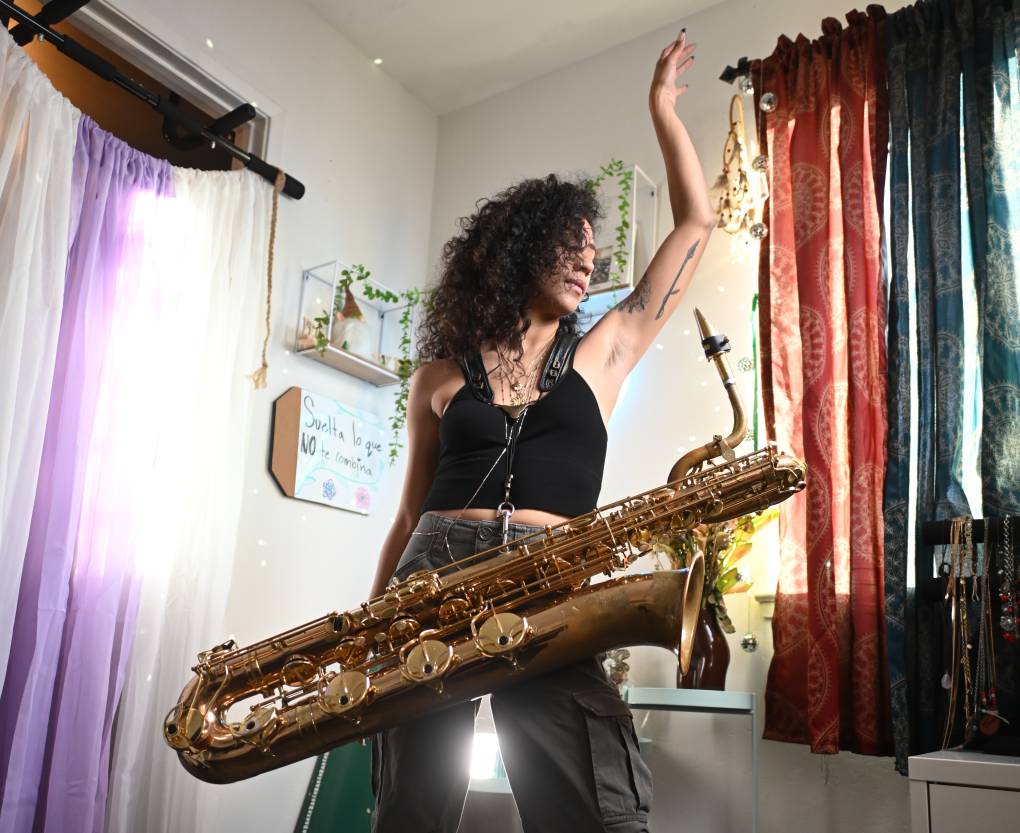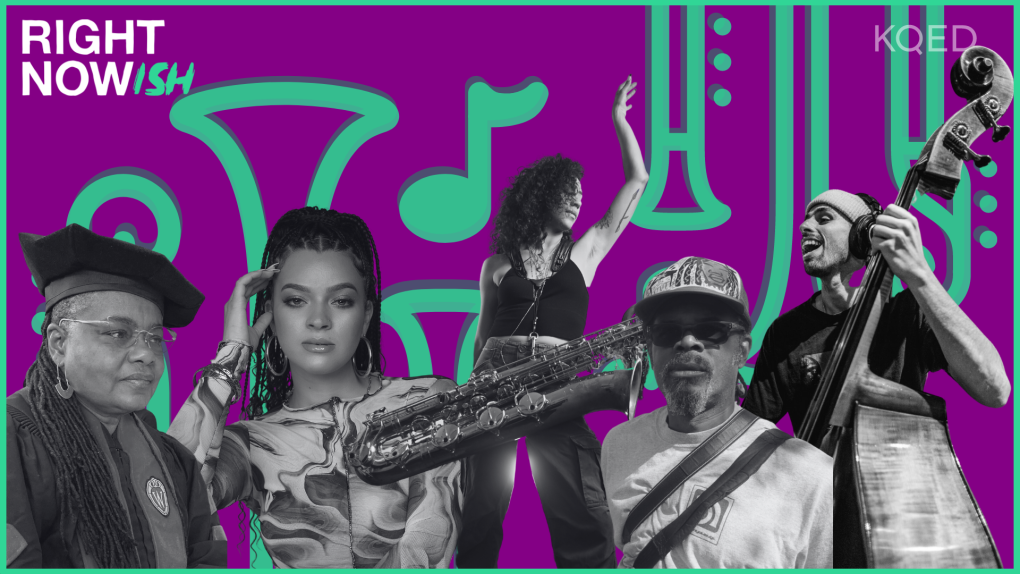When bassist and composer Giulio Xavier Cetto hears jazz, he instinctually hears hip-hop. The same way he hears hip-hop when he hears jazz. There are no divisions between the two genres, each compliment and mirror the other.
The synergy between the styles permeate Giulio’s sound. Take for instance, the recent NPR Tiny Desk show he performed with Kassa Overall or the sundaySlap!, a jazz infused hip hop jam session he regularly leads at the famed Black Cat Jazz Supper Club.
Drawing from his Venezuelan-Italian heritage, the San Francisco based musician has studied a range of music and can adapt with ease to any musical scenario on the upright bass and electric bass. He brings an energetic vibe to his performance style that beckons audiences to move.
“My main goal is to support as a bass player. I want to be like the floor for someone to stand on. I want to be the rock. So I’m going to just listen as best as I can, and be super honest with what I think the music needs best. Sometimes I need to go into a situation and kind of try to be a blank slate. Not think too much. Just kind of be a vessel.”

On this week’s Rightnowish, Giulio sits down to talk about his craft, his favorite bay area venue to play in, and what it’s like leading his band Big Trippin with former Mars Volta drummer Thomas Pridgen, saxophonist John Palowitch and pianist Javier Santiago.
Below are lightly edited excerpts of my conversation with Giulio Xavier Cetto. Listen to the podcast for the full conversation.
MEDINA-CADENA: I first saw you two years ago perform. And I remember going up to and being like, “How can I keep up with you?” And you were like, “I’m on the Instagram, I’m at @thejazzthug.”
GIULIO XAVIER CETTO, GUEST: The jazz thug that’s my, my alias.
MEDINA-CADENA: Yeah. What’s the story behind the alias?
CETTO: It kind of just speaks on my love for hip hop and jazz music. My friend actually made it up one time, he said it and I was like, I like that. I want to go with it. It stuck. And people like it more than I do now. I get called that. I’ll see a flyer and they won’t even put my name. They put the jazz thug. And I’m like, well, I still want my name on there. But yeah, I thought about changing it recently and a bunch of people were like, No, don’t change it.








